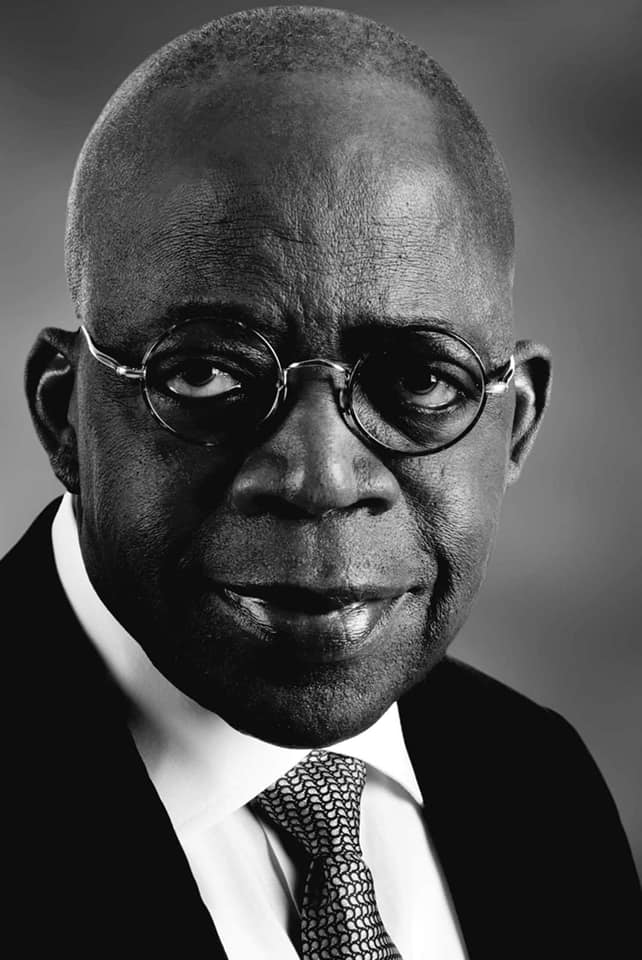How Nigeria will fare with interest rate now at 35 percent

Furthermore, the high-interest rate environment could exacerbate the existing wealth gap, favoring the affluent who can afford to benefit from lucrative interest returns. This amplifies social inequality, creating a divide that threatens social cohesion and potentially fuels unrest
Emmanuel Thomas I Friday, August 16, 2024
LAGOS, Nigeria – These are not the best of times for Nigeria as it grapples with a daunting interest rate hovering between 34 and 35 percent. The impact of this on the economy is set to be profound, testing the resilience of businesses and households alike.
The sky-high interest rate environment presents a complex landscape of challenges and opportunities that will shape the country’s financial outlook in the coming months and years.
For businesses, the elevated interest rates present a daunting hurdle to growth and investment. Borrowing costs become prohibitive as entrepreneurs and companies alike face steep financial obstacles when seeking capital for expansion or even day-to-day operations. This restraint jeopardizes Nigeria’s potential for economic diversification and much-needed infrastructure development.
The manufacturing sector, crucial to the nation’s economic vision, faces a particularly arduous journey. Manufacturers battling with elevated production costs now encounter additional pressure from increased borrowing expenses.
The result is a diminished competitiveness of Nigerian-made goods, both locally and on the global stage. This impedes the government’s drive for economic industrialization and the creation of much-needed jobs.
The housing sector is also poised for a significant impact. With interest rates soaring, the dream of homeownership becomes more distant for many Nigerians. The elevated costs of mortgage loans deter potential homebuyers, leading to a possible glitch in the real estate market. The ripple effect extends to construction companies, who may witness a decline in demand for their services, impacting the sector’s overall growth.
However, there is an argument to be made for the positive impact of high-interest rates. This phenomenon can propel capital formation within the country, encouraging saving and investment opportunities. The elevated returns on fixed-income instruments could attract foreign portfolio investment, providing a much-needed boost to the financial system.
But this silver lining comes with a caveat. The benefits of increased capital inflows are dependent on a multitude of factors, including a stable political climate and effective governmental policies. Without these critical accompaniments, the volatility of the Nigerian economy could deter the very investment it hopes to attract.
Another significant concern arises from the potential for heightened inflationary pressures. As interest rates rise, the cost of borrowing increases for businesses, leading to elevated prices for goods and services. This passes the burden of elevated costs onto consumers, triggering a decrease in purchasing power and standard of living for Nigerians.
The central bank faces a delicate tightrope walk in managing these inflationary pressures. Any missteps in response could further destabilize the economic equilibrium, prompting a downward spiral of reduced economic activity and heightened price increases.
Furthermore, the high-interest rate environment could exacerbate the existing wealth gap, favoring the affluent who can afford to benefit from lucrative interest returns. This amplifies social inequality, creating a divide that threatens social cohesion and potentially fuels unrest.
The Nigerian government is tasked with a complex challenge—navigating a path toward economic stability and growth while managing the very real consequences of elevated interest rates. Striking a balance between controlling inflation, supporting the financial sector, and fostering an enabling environment for businesses and households is imperative.
As the nation navigates this treacherous terrain, the international community’s watchful gaze is upon it. The impact of Nigeria’s economic shifts reverberates throughout the global economy, particularly in nearby regions. The world’s faith in Nigeria’s economic prospects influences investment decisions, dictating the flow of capital and infectiousness.
Nigeria’s interest rate landscape presents a complex scenario, one that demands careful stewardship and proactive measures. The government and central bank must collaborate to curb the negative fallout while harnessing the potential upsides. The future of Nigeria’s economy rests on its ability to manage this delicate juncture, shaping the narratives of businesses, households, and the international community for the foreseeable future.
Whatever the outcome, one thing is sure: Nigeria’s economy will be significantly shaped by these astronomical interest rates, leaving an indelible mark on its development trajectory.

